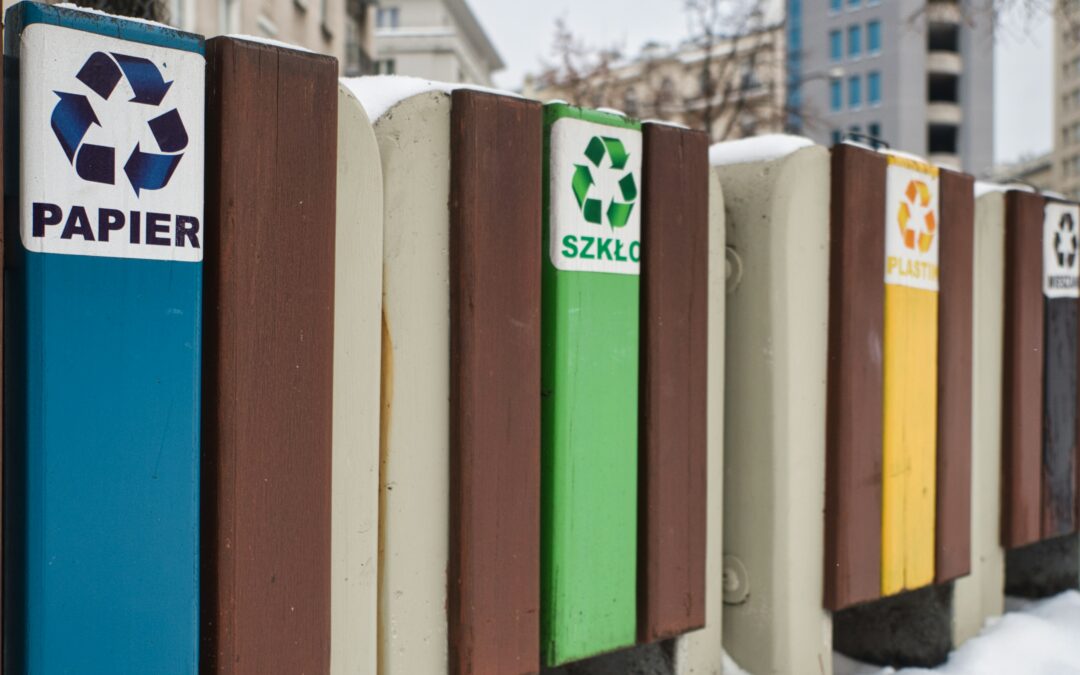In an age where technology seamlessly integrates into every aspect of our lives, it’s no surprise that innovative solutions are being developed to tackle one of the most pressing global challenges: waste management. Enter smart containers, a groundbreaking advancement destined to redefine the future of waste management and recycling. By harnessing the power of the Internet of Things (IoT), smart containers offer intelligent features that not only improve efficiency but also encourage sustainable practices. Let’s delve into how smart containers are paving the way for a cleaner, greener future.
**What Makes Containers ‘Smart’?**
Smart containers are equipped with sensors and connected technologies that enable them to communicate real-time data about their status and the waste they contain. This information can include the container’s fill level, type of waste collected, and even its location. Via IoT, this data is transmitted to waste management companies or municipal authorities, allowing for dynamic and responsive waste collection strategies.
**Optimizing Collection Routes and Schedules**
One of the standout benefits of smart containers is their ability to significantly optimize waste collection routes and schedules. Traditional waste collection operates on routine schedules, often resulting in half-empty containers being collected while others overflow. Smart containers, however, signal precisely when they’re nearing capacity, allowing bauschutt entsorgen Hanau services to prioritize them. This not only prevents overflow and littering but also reduces the number of collection trips needed, cutting down on fuel consumption and emissions.
**Boosting Recycling Efforts**
In the realm of recycling, smart containers hold the potential to drastically increase participation rates. For instance, equipped with scanners that can identify the type of waste being deposited, these containers can provide instant feedback to users about their recycling habits, even rejecting non-recyclable items. By gamifying the recycling process and potentially rewarding proper recycling practices, smart containers can foster a more environmentally conscious behavior among the public.
**Preventing Illegal Dumping**
Illegal dumping is a significant issue for many municipalities, leading to environmental pollution and increased costs for cleanup operations. Smart containers offer a solution through surveillance capabilities and alarms that can be triggered by unauthorized use. This not only deters illegal dumping but also enables prompt action when such incidents occur, helping to maintain cleanliness and public health.
**Data-Driven Waste Management**
The wealth of data collected by smart containers provides invaluable insights into waste generation patterns and recycling rates. This information allows for the development of targeted waste reduction strategies and educational programs aimed at promoting sustainability. Moreover, data analytics can identify areas requiring additional recycling resources or public engagement, leading to more effective environmental conservation efforts.
**Conclusion**
As we look to the future, smart containers represent a beacon of hope in the quest for sustainable waste management and recycling. Through innovative technology, these containers are set to revolutionize how we handle waste, making our cities cleaner and our planet healthier. By optimizing collection operations, encouraging recycling, deterring illegal dumping, and providing valuable data, smart containers are indeed the future of waste management and recycling, poised to lead us towards a more sustainable world.


